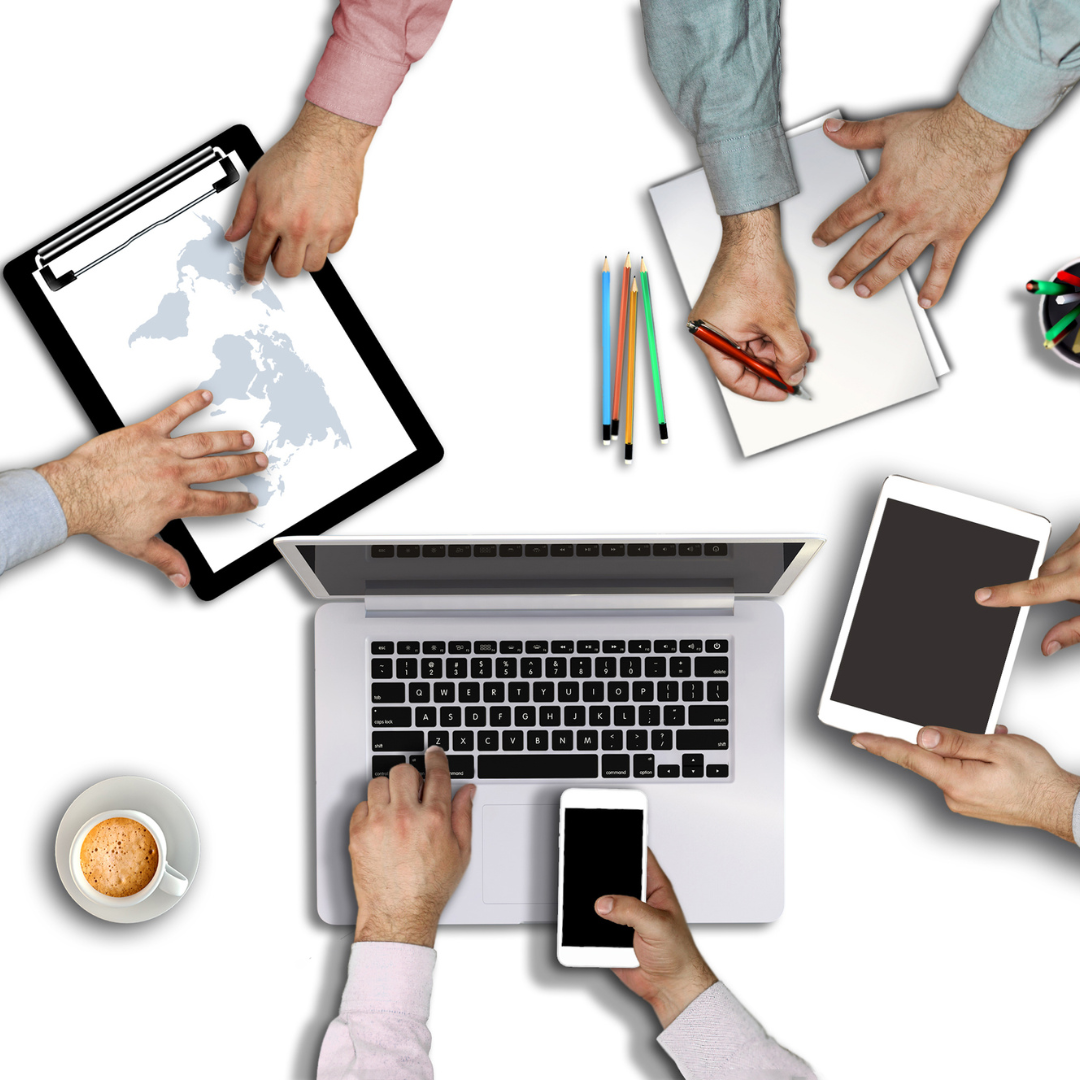It is possible that over the next few years, artificial intelligence will change the way you work. This article breaks down 5 ways that AI will change the way you work.
1. Reduce office meetings
We all know the feeling. You’re in your office, sitting at your desk, and you realize that you have a meeting scheduled with someone from another department. But instead of just skipping it, you put on your best face and go to the meeting. Unfortunately, this is becoming more and more common as technology advances.
AI has the ability to reduce office meetings drastically. Instead of having to schedule a meeting with someone from a different department, AI can automatically connect you with someone from within your own department who can help you out. This not only saves time, but it also reduces the chance of misunderstandings or awkward situations.
In addition to reducing the number of office meetings that need to be scheduled, AI also has the potential to improve them. For example, if you are a manager and you have a lot of employees who need help with their work tasks, AI could help optimize those tasks so that they are easier to complete. This would save both time and money for managers and employees alike!
Moreover, AI can streamline various aspects of office management, including facility maintenance. For instance, it can help schedule and coordinate commercial cleaning services in Asheville, NC (or elsewhere), potentially ensuring that the workplace remains pristine and conducive to productivity. By automating such routine tasks, employees can focus on more critical aspects of their work.
The applications of AI in the workplace extend far beyond just meeting management and cleaning services. For example, AI-powered chatbots can handle customer inquiries, freeing up human resources for more complex issues. Additionally, AI algorithms can analyze large datasets to provide valuable insights for business decision-making, potentially eliminating the need for lengthy strategy meetings.
2. Increase productivity
AI has the potential to significantly boost productivity across various industries. By automating repetitive or time-consuming tasks, it allows workers to focus on more strategic and creative responsibilities. Moreover, AI systems can learn and improve over time, becoming increasingly efficient at completing specific tasks. For instance, AI advancements have greatly benefited businesses, particularly fashion brands, by enabling them to generate AI-powered models effortlessly. Platforms like Hautech.AI make this possible with just simple descriptions, streamlining processes and enhancing creativity in the fashion industry.
3. Ensure document security
As artificial intelligence continues to grow in popularity, so too will the risk of data breaches. In order to protect your documents from being stolen or leaked, it’s important to ensure that they’re secured using the right measures.
One way to do this is to use encryption technology. This can help protect your information from being accessed by unauthorized individuals, and it can also help prevent it from being leaked if it falls into the wrong hands. Additionally, you should always keep copies of your documents in a secure location outside of your computer system. You can do this by storing them in lockable cabinets that can be accessed by authorised personnel only. Additionally, you can install business security cameras that share AI-driven analytics and monitor them for increased safety. And finally, don’t hesitate to contact a professional document security company if you suspect that someone is trying to breach your security measures.
4. Power companies will be disrupted by smarter grids
Power companies will be disrupted by smarter grids, which are electronic systems that allow for greater efficiency and control of energy use. These systems can monitor energy usage in real-time and make adjustments to optimize the grid for peak performance. They can also communicate with other devices on the grid, such as solar panels and wind turbines, to create a more efficient network.
The benefits of smarter grids are numerous. For example, they can reduce energy costs by making better use of available resources. They can also improve safety by reducing the likelihood of major accidents caused by out-of-control electricity usage. And they can help climate change mitigation efforts by reducing reliance on carbon-based fuels.
However, there are some challenges that need to be addressed before smart grids become widespread. For example, many people don’t understand how these systems work or how they could benefit their lives. Additionally, many power companies are resistant to change and may not be ready to adopt these systems quickly enough. But with continued development and adoption over time, smart grids are sure to revolutionize the way we use energy in both domestic and industrial settings
5. Technology could replace most jobs in the next decade or two
In the next decade or two, technology could replace most jobs in the workforce. This is because they are more efficient and effective workers than humans. They can do things faster and better than us, which means that businesses will be able to save a lot of money by using them instead of human workers.
Technology is going to change how we work by taking over messy jobs. Rather than individuals taking on strenuous duties, machines like Pressure Washer from A1 Pressure Washers can manage tasks such as cleaning up greasy floors and handling oil spills in offices and warehouses.
Another way that technology will change the way we work is by doing our tedious and time-consuming tasks for us. For example, they can be used to load trucks and and fill shelves in supermarkets. They can also be used in manufacturing plants to help with tasks such as welding, cutting metal, and assembling parts.
Overall, there are many benefits to using technology instead of human workers in the next decade or two. They are faster and more efficient, which means that businesses will be able to save money and increase production levels. In addition, they can be used in dangerous positions where human beings are unsafe or unable to do their jobs properly due to illness or injury.

